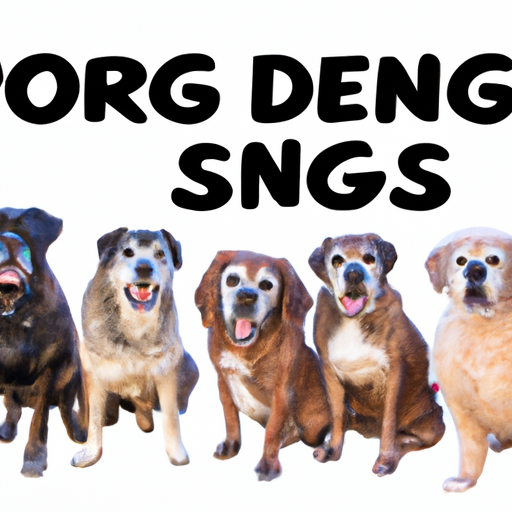Understanding the Life Stages of Dogs
As a caregiver, you know the significance of stages in a life cycle. When it comes to dogs, these stages are not just puppies, adults, and seniors. The age when a dog becomes a senior isn’t cut and dry. It varies depending on their breed and size.
Small dogs (under 20 pounds) are considered seniors at around 7-10 years. Medium-sized dogs (21-50 pounds) reach senior status at around 7-8 years. Large dogs (51-90 pounds) become seniors at around 6-7 years. Lastly, giant breeds (over 90 pounds) are considered seniors as early as 5-6 years.
A simple table could illustrate this:
| Size of Dog | Age Considered Senior |
|---|---|
| Small | 7-10 years |
| Medium | 7-8 years |
| Large | 6-7 years |
| Giant | 5-6 years |
Recognizing the Signs of Aging
Recognizing the signs of aging is crucial in providing the best care possible for your furry companion. You may observe some of the following:
- Reduced energy levels
- Changes in sleep patterns
- Greying fur, particularly around the muzzle
- Changes in appetite and weight
- Looser skin or a duller coat
Caring for Your Senior Dog
As your dog ages, their needs will change. You’ll need to make adjustments to their diet, exercise routines, and veterinary care.
- Diet: Senior dogs may need fewer calories, more fiber, and additional specific nutrients. A vet can help you find the right diet for your aging pup.
- Exercise: While older dogs still need regular exercise, the intensity and duration might need to be reduced. Shorter, gentle walks can be more appropriate.
- Veterinary Care: Regular vet visits become even more important with a senior dog. Routine screenings can help catch any potential health issues early.
The Importance of Love and Attention
Perhaps the most crucial aspect of caring for a senior dog is providing plenty of love and attention. This includes:
- Regular interaction and playtime
- Gentle grooming sessions
- Comfortable sleeping arrangements
- Patience and understanding as they navigate their senior years
FAQs
Q: My dog is 7 years old and still very active. Does this mean he’s not a senior?
A: Not necessarily, age is just one factor. If your dog is still healthy and active, that’s great! Keep providing the care that keeps them happy and healthy.
Q: What diet is best for a senior dog?
A: This depends on the dog’s individual health needs. Consult with your vet to determine the best diet for your senior dog.
Q: How can I make my home comfortable for a senior dog?
A: Consider softer bedding, rugs for slippery floors, and ramps for navigating stairs.
Remember, age is just a number when it comes to our beloved dogs. As caregivers, our job is to provide them with a life full of love, comfort, and happiness, no matter their age.



